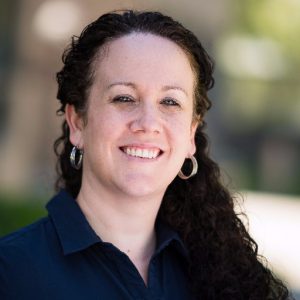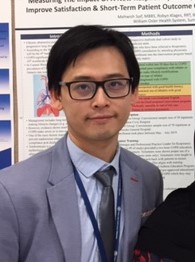Growing into senior citizenship
Table of Content
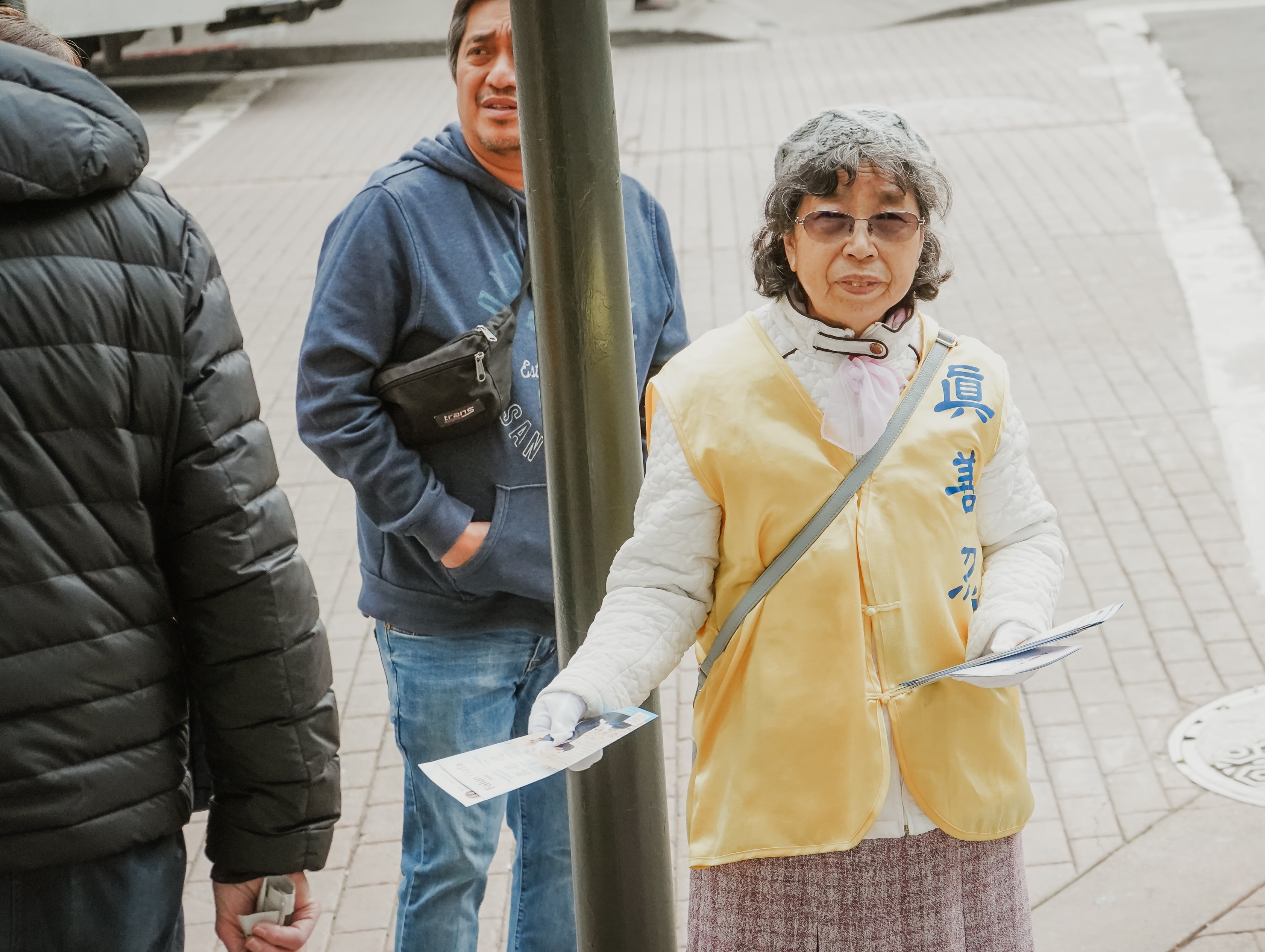
“When did we take the citizen out of senior citizen?”
– Bea Levis, 93 year old Senior Citizen Advocate
As seniors, we are often portrayed as dependent and in need of help. We are constantly bombarded with stories about how we will bankrupt the health care system or collapse the Canadian pension system. Metaphors like ‘the silver tsunami’ have invoked fear and instilled a sense of urgency in society about population aging. But what we fail to hear in the midst of these doomsday stories are the contributions that we, as senior citizens, make to society.
There is a societal and cultural expectation for us to slow down after we turn 65, but we still have important work to do. Increased longevity, health, vitality, and for some, economic status and education have led to the emergence of a new life stage between midlife and old age. For many of us, this is a time to take on new challenges, make significant contributions, and continue to learn and grow. While we may have always felt a civic responsibility or duty, we may not have had the time or the opportunity in the past due to our busy careers or family lives. Through our contributions, we can be assets to our families, communities, and more broadly to society.
What does it mean to be a senior citizen?
When we think of senior citizens, our minds often land on age 65. We often think that a senior citizen is someone who has retired from work, and is slowing down in their life. However senior citizenship is more than the social demographic based on age.
Citizenship refers to having both rights and responsibilities, such as obeying the law and paying taxes, but also being active community participants (Institute for Canadian Citizenship, 2012). While seniors may welcome ongoing community engagement, multiple barriers, which are mainly situated outside of ourselves, may limit the ability to exercise, or engage, in citizenship activities.
I’ve been committed to speaking out against injustice all of my life. Theatre pieces throughout my life have all centered around social justice, as has my employment. I have worked for many non-profit organizations and immersed myself in feminism and social justice activism from a young age until now.
Recently, I have been focused on advocating for other low-income seniors in my hometown. My attempts at navigating the application for the Guaranteed Income Supplement, as well as trying to locate funding for new glasses and a hearing aid, made it clear that the government and funding systems for low-income older adults are wholly inadequate, non-existent, and a nightmare. I have been persistent in bringing these concerns forward to city hall in attempts to have a clear list of services and funding developed for low-income seniors.
– Cuinn (story gathered by Adrien Davidson, occupational therapy student)
What are some ways to engage as citizens in our communities?
There are multiple ways to meaningfully participate in our communities and exercise our citizenship, including helping friends and neighbours, volunteering, donating to charity, fundraising, and/or advocating for a social, environmental, or political cause. Some cultures view our senior years as the prime time to support advocacy efforts as we bring years of lived experience and knowledge of how the world works.
Volunteering of time & skills
Volunteering can offer a range of opportunities, from serving on a board of directors or as a part of a committee, participating in a craft group that makes gifts for sale, delivering or preparing meals, providing reception services, providing transportation, assisting in school programs, helping out in parks with tours and cleanups, and the list goes on.
Leadership and advocacy roles
Seniors have an important role to play in advocacy, activism and nurturing their community. We can use our experience, knowledge, skills, time and energy to help forge solutions to address our pressing social problems. This might involve conventional advocacy methods such as letter writing, petitions, and marches, or may involve the use of on-line forms of social media to raise awareness about health and social issues. For example, many seniors are involved in age-friendly communities initiatives that support efforts to create more accessible and age-inclusive public spaces. The Stephen Lewis Foundation supports the Grandmother’s Campaign where Canadian grandmothers support African Grandmothers who have had to take on the raising of grandchildren whose parents have become too ill or have died because of HIV/AIDS. This seniors’ led organization Care Watch Ontario advocates for needed changes to home and community support services for seniors and is always in need of seniors to support their work. To hear the story of life-long advocate and proud senior citizen, Bea Levis, click here.
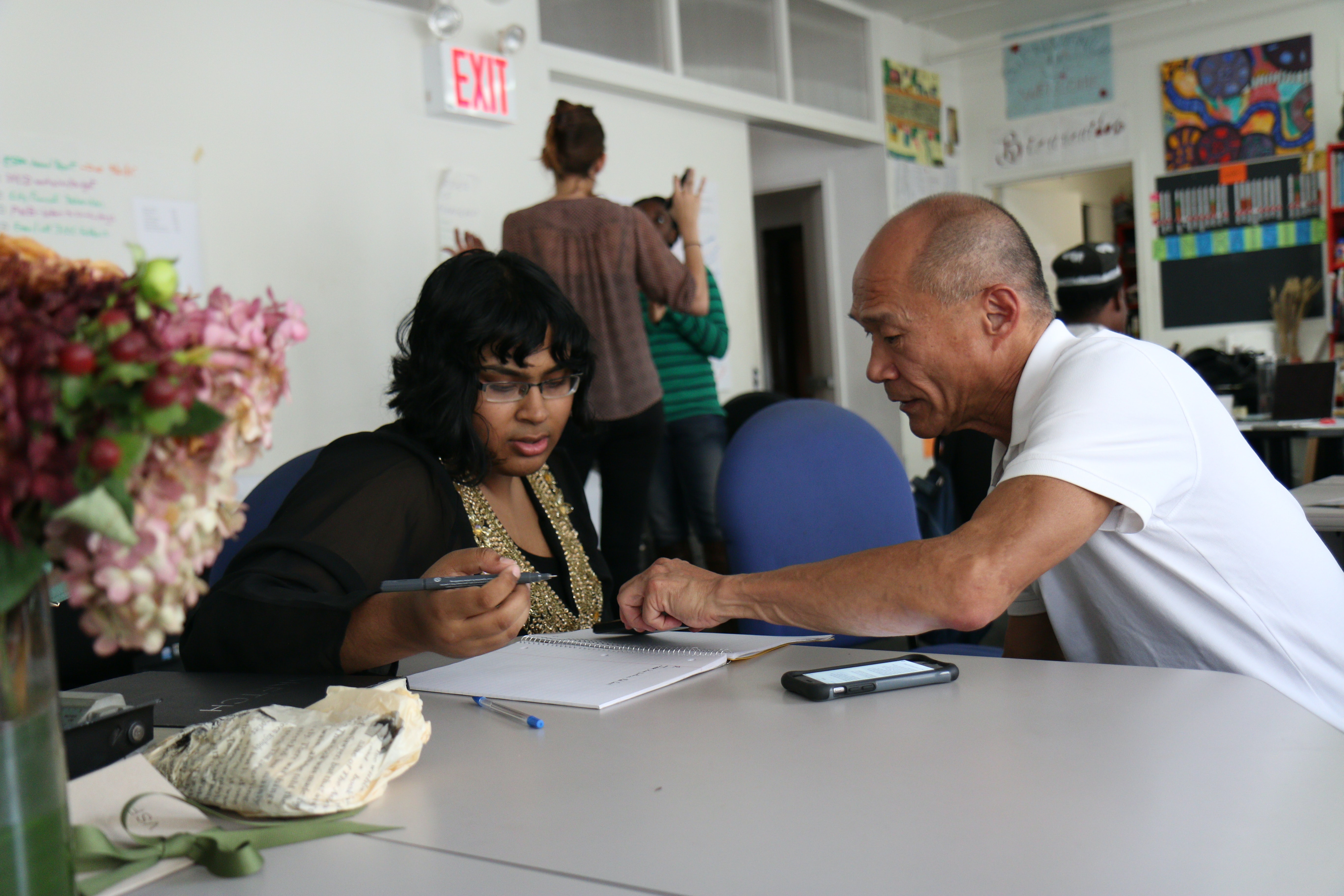 Mentoring
Mentoring
For many seniors, personal life goals have been achieved. This puts us in a good position to provide mentorship. Intergenerational mentoring is an opportunity to make a connection with younger people. Peer mentoring can support other older folks going through a similar illness or life changes that we have previously navigated.
Mentorship provides the unique opportunity to teach, challenge, and support the mentee, as well as act as a role model. What’s more, we can learn from our mentee and learn about ourselves.
What are the benefit of exercising senior citizenship?
Senior citizenship can boost overall health. For example, community engagement and civic participation can keep bodies and brains active and fend off illness. It has been shown that volunteering, for as little as one hour a week, can result in cognitive and emotional benefits. A study conducted by the University of Calgary found that people who volunteered for at least one hour a week on a regular basis were 2.44 times less likely to develop dementia than seniors who did not volunteer. Many studies have also found volunteering to be associated with happiness.
One of the most common problems that seniors face is loneliness due to the loss or geographical separation from family and friends, as well as retirement from full-time work. Social networks may also shrink. As such, finding ways to engage in our communities and exercising our senior citizenship is an important way to become integrated in the community and reduce the risk of social isolation. It can help us meet new people with similar interests and values, leading to new friendships or rekindling of old ones. This social support may help us cope with the various challenges we face as we age, maintain a sense of purpose, belonging and achievement as well as provide opportunities to develop new skills and knowledge.
Participation in leadership, advocacy and volunteering also ensures the growth and protection of the communities in which we will age.
What are some challenges to exercising senior citizenship?
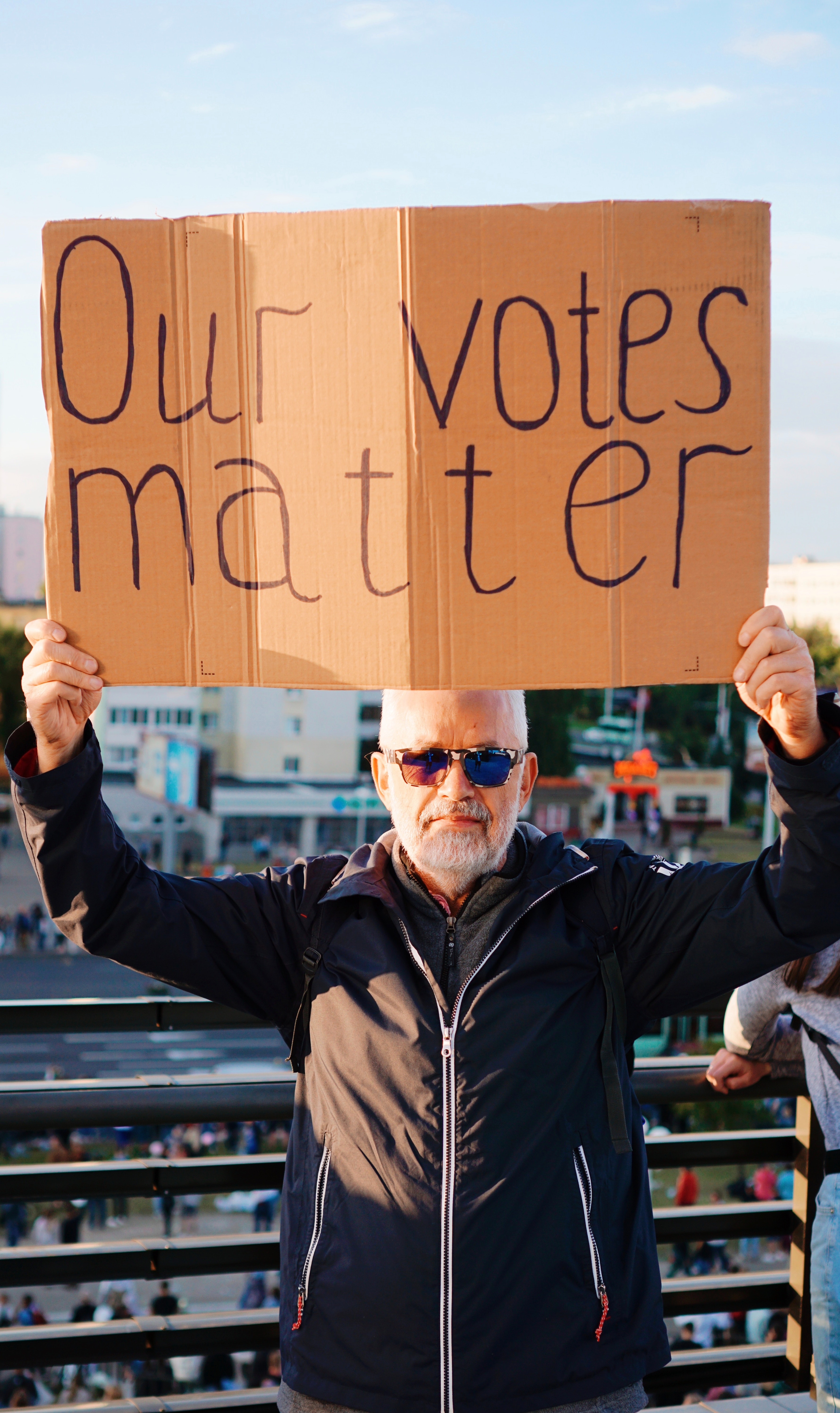 While fewer work and family responsibilities may grant greater availability to exercise senior citizenship, changes in physical abilities, in combination with inaccessible public spaces, can limit how some seniors are able to exercise their senior citizenship. For instance, physical disabilities, including limitations in mobility and restrictions due to pain, might interfere with the ability to travel to a polling booth, access the ballot, or cast a vote.
While fewer work and family responsibilities may grant greater availability to exercise senior citizenship, changes in physical abilities, in combination with inaccessible public spaces, can limit how some seniors are able to exercise their senior citizenship. For instance, physical disabilities, including limitations in mobility and restrictions due to pain, might interfere with the ability to travel to a polling booth, access the ballot, or cast a vote.
Civic participation may also be restricted due to disabling social and physical environments. For example, if we live in rural communities where public transportation is limited and travel distances are greater, attending advocacy groups or volunteer opportunities can be a challenge.
Agesim, simply put, is discrimination based on age. It shows itself in the way people treat seniors differently based on stereotypes or assumptions that we are incompetent, frail or are rigid in our thinking. Ageism also plays out in policy decisions such as decisions about service funding. One only needs to think of the inequitable impacts of Covid-19 and the thousands of seniors who died in long-term care settings as a result of limited funding. Ageism is also evident in decisions about public space planning with designs that only consider young, agile bodies. Ageist forces also dictate what we are expected to do and shapes how we exercise our senior citizenship. Without our knowledge, we may internalize these ageist ideas and limit ourselves from functioning to our full capacity.
How can an occupational therapist support my choice to engage as a senior citizen?
I first met John two months after the passing of his wife. It was a long and difficult journey for the 2 years prior. John had used up all of their financial resources, was at the brink of social isolation, and was neglecting his own self-care in order to fully attend to his wife. He was still very attached to his wife and to the palliative program where he had spent the majority of his time over the last 2 years. He expressed wanting to do ‘something’ but was not sure what he could do.
Together we explored several options to re-introduce John to routines, structured duties, socialization, physical activities, and access to peer support. Leveraging his strength as a caregiver and an expert as a project manager, I introduced him to assist in diagnostic imaging. This allowed John to build comfort in helping patients other than his own wife and help the department to finetune a troublesome patient flow process. After only a few shifts, he immediately felt this transition was a good match for him. He reported volunteering just twice a week provided an anchor and structure for the rest of the week. The sense of responsibility reminded John of the importance of self-care so that he could continue to help others. He began to build a small but steady social networks by attending staff huddles and recognition events for volunteers.
– Aaron Yuen, occupational therapist
Occupational therapists recognize the importance of senior citizenship and they want to support us to engage in those senior citizenship and community activities that bring us joy and meaning. An occupational therapist will take into consideration our unique lifestyle when providing strategies to enable our participation in these meaningful activities in the community.
They can help us identify the barriers preventing us from fully engaging in the community and work with us to determine solutions and strategies to overcome these barriers and meet our goal of meaningful participation. The occupational therapist might introduce and show us how to safely use the appropriate mobility devices to get to where we need to go, or to navigate on-line social media platforms so we can connect with other seniors involved in mutual support or advocacy. The occupational therapist might work with us to find a match between our skills, interests, and experiences and existing community volunteering or interest groups. For example, such opportunities could include being a participant on a research study or seniors service planning advisory boards.

